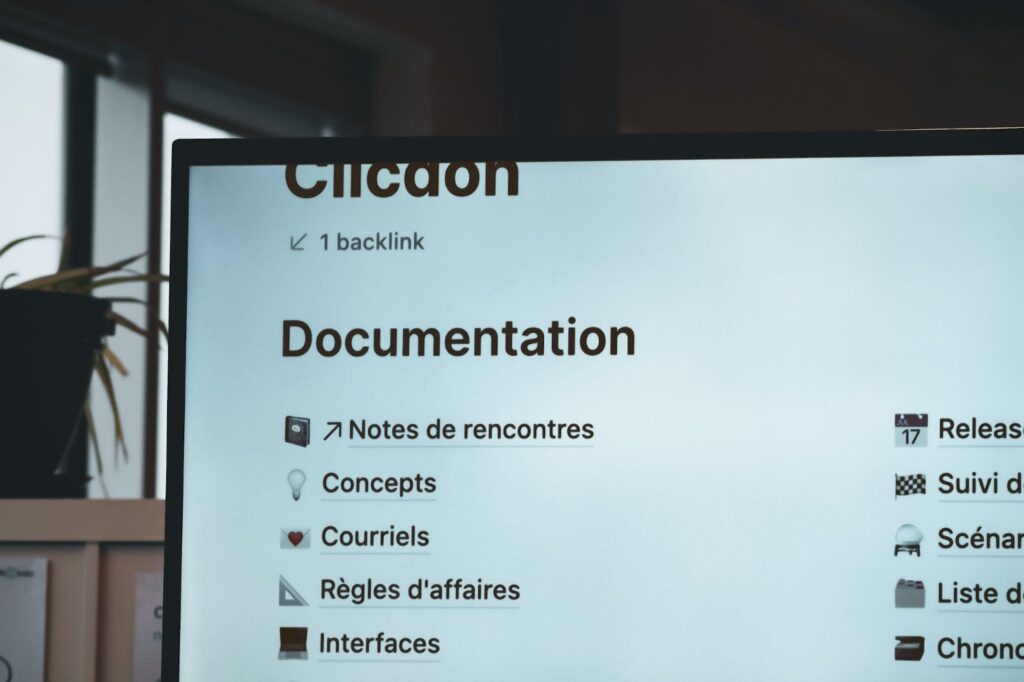Navigating the complexities of government program eligibility, such as government benefits, while on long-term disability can often feel like traversing a labyrinth. Each turn presents its own set of challenges and questions, requiring careful consideration and understanding. This journey is not just about understanding the legal jargon or the minute details of various programs; it is about empowering oneself in an overwhelming situation. The process can be intricate, with various factors influencing eligibility and benefits.
To navigate government program eligibility while on long-term disability, one must understand the specific requirements of each program, gather necessary documentation, and often seek guidance from legal or social service professionals.
In the rest of this article, we delve deeper into the key aspects of understanding and accessing government programs and benefits while on long-term disability. We explore practical steps to assess eligibility, the importance of thorough documentation, and strategies for effective communication with government agencies. Additionally, we provide insights into common challenges and tips for navigating these hurdles, aiming to offer a comprehensive guide to those embarking on this path.
Understanding Eligibility Criteria
Understanding eligibility criteria is a critical first step in navigating government program eligibility while on long-term disability. This process involves deciphering the specific requirements set forth by various programs, ranging from federal to state-level initiatives. Each program has its own unique rules and qualifications, making it essential for individuals to understand these criteria to determine their eligibility thoroughly.
Defining Long-Term Disability
Long-term disability typically refers to a medical condition that affects an individual’s ability to work for an extended period of time. Government programs often have specific definitions for long-term disability, which may vary between programs. Understanding these definitions is crucial, as they directly impact eligibility.
Program-Specific Requirements
Different government programs have distinct criteria. For example, Social Security Disability Insurance (SSDI) and Supplemental Security Income (SSI) are federal programs with specific eligibility requirements based on work history, income, and the severity of the disability. On the other hand, state-level programs may have additional criteria, such as residency requirements or asset limits.
Navigating Complexity
The complexity of eligibility criteria often lies in the details. It’s not just about whether someone is disabled, but to what extent their disability affects their daily life and ability to work. For instance, some programs might require a minimum period of disability, while others may focus on the impact on an individual’s earning capacity.
Seeking Expert Advice
Given the intricacies of these criteria, seeking advice from experts such as disability lawyers, advocates, or social service professionals can be invaluable. These professionals can clarify eligibility requirements, assist in interpreting the legal and medical jargon, and offer advice on the best course of action for individual situations.
Understanding eligibility criteria is a nuanced and crucial aspect of accessing government programs while on long-term disability. It requires a detailed examination of program-specific requirements and often necessitates professional guidance to navigate successfully.
Gathering and Organizing Required Documentation

Gathering and organizing required documentation is pivotal in determining eligibility for government programs while on long-term disability. This stage is often daunting, as it involves collecting a variety of documents that prove both the existence and extent of the disability and other eligibility criteria like income and residency.
The type of documentation required can vary significantly between programs. For federal disability programs, such as SSDI and SSI, medical records, work history, and proof of income are typically essential. These documents are the foundation for establishing the legitimacy of the disability claim and the claimant’s financial status. In contrast, state-level programs might have additional or different requirements, such as proof of residency or other state-specific forms.
Key Documents to Gather:
- Medical Records: Comprehensive medical documentation, including diagnosis, treatment plans, and prognosis from healthcare providers.
- Proof of Income: Recent pay stubs, tax returns, or other financial statements demonstrating current income levels.
- Employment History: Documentation related to work history is often required to establish eligibility for certain programs based on previous employment.
- Personal Identification: Valid identification documents, such as a driver’s license or state ID, to verify identity and residency.
- Other Relevant Documents: Depending on the program, additional documents like birth certificates, social security cards, or proof of other benefits received may be required.
Organizing these documents in a clear and accessible manner is crucial. A well-organized file can expedite the review process and reduce the chances of delays due to missing or incomplete information. Keeping physical and digital copies of all documents properly labeled and sorted is advisable. Having an organized system not only aids in the application process but also prepares individuals for any future inquiries or appeals that may arise.
The meticulous collection and organization of required documentation is a critical step in successfully navigating government program eligibility while on long-term disability. This process demands attention to detail and thoroughness, ensuring all necessary information is readily available to support the application. This preparation can significantly enhance the likelihood of a favorable outcome in the eligibility determination process.
Communicating Effectively with Government Agencies
Communicating effectively with government agencies is vital to successfully navigate the eligibility process for government programs while on long-term disability. This aspect often involves engaging with multiple agencies, each with its own procedures and communication protocols. Effective communication can streamline the process and significantly increase the chances of a positive outcome.
Understanding Agency Protocols
Each government agency operates with its own set of rules and communication methods. Some prefer phone calls, while others rely heavily on written correspondence or online portals. It is important to understand these preferences and adjust communication methods accordingly. For instance, when dealing with the Social Security Administration (SSA), communication may be done through their online system or local offices.
Clarity and Precision in Communication
When communicating with these agencies, clarity and precision are key. Being straightforward and specific about the information or assistance needed is essential. This approach involves preparing questions in advance, being clear about the nature of the disability and its impact, and understanding the specific details of the program being applied for. It is also important to provide exact details, reference numbers, or case IDs to facilitate easier tracking and response from the agency.
Documenting All Interactions
Documenting every interaction with government agencies is crucial. This includes keeping records of phone calls (with dates, times, and names of representatives spoken to), copies of any written correspondence, and receipts of document submissions. This documentation can prove invaluable if there are disputes or misunderstandings later in the process.
Patience and Persistence
Dealing with government agencies often requires patience and persistence. Responses can be slow, and processes can be lengthy. It is important to stay persistent in follow-ups and be patient and understanding of the time frames involved. Regular follow-ups, while respecting the agency’s process, can keep the application moving forward.
Seeking Assistance When Needed
If the process becomes overwhelming or confusing, seeking assistance from a disability advocate or a lawyer specializing in disability rights can be beneficial. These professionals can help effectively communicate with agencies, understand the process’s nuances, and advocate on the applicant’s behalf.
Effective communication with government agencies is critical for anyone navigating the eligibility process for government programs on long-term disability. It involves understanding agency protocols, communicating clearly and precisely, documenting all interactions, and being patient yet persistent. When necessary, seeking professional assistance can make this process smoother and more efficient.





